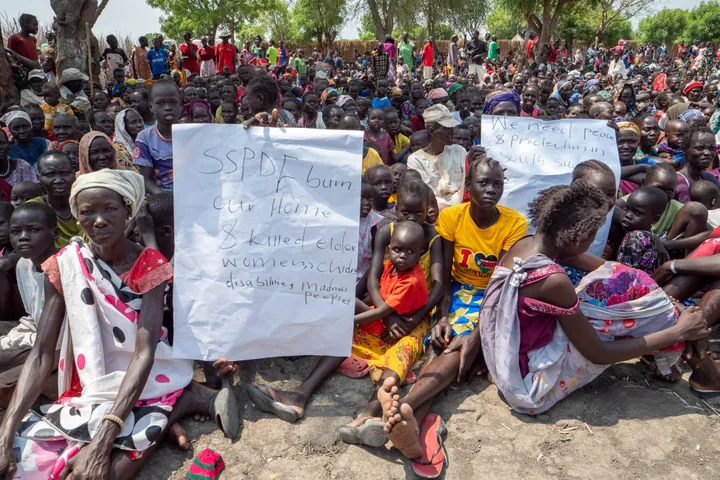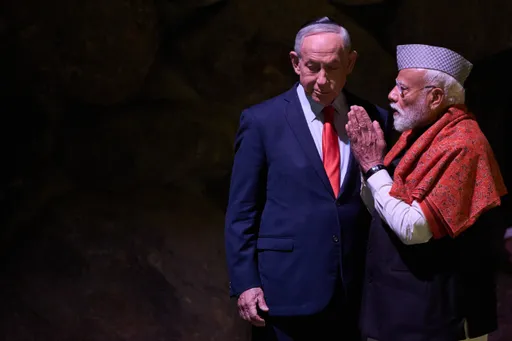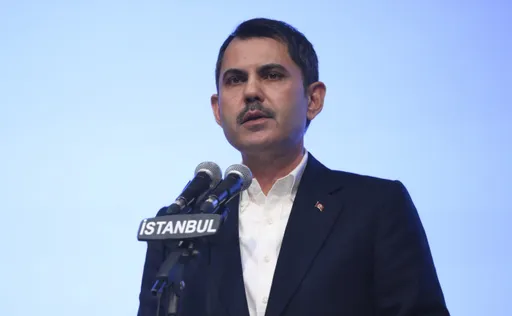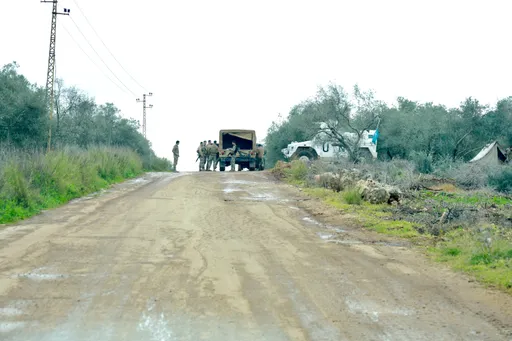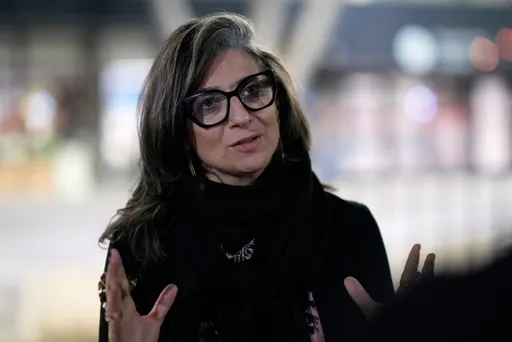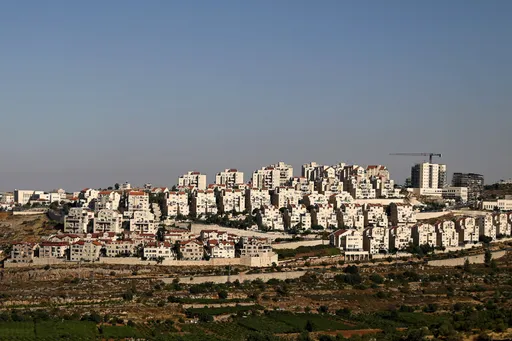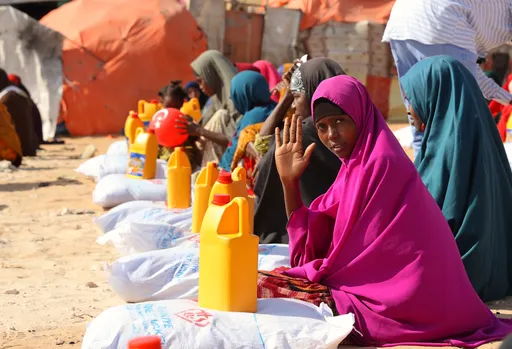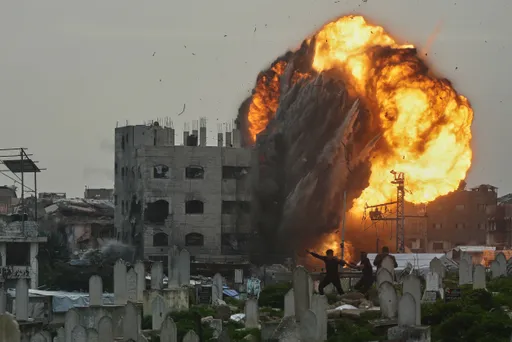Bolivia's interim President Jeanine Anez has called for "patience" and urged citizens to avoid violence as they wait for the results from the country's general election.
Results are expected to be slower than usual as the Electoral Tribunal suspended the customary rapid count, arguing that it couldn't guarantee the accuracy.
"Patience, we must all be patient waiting for the results without generating any type of violence," said Anez, who is not standing for president. "I assure you we will have credible results."
Despite a tense and polarised campaign, the election was held peacefully.
"We've had a calm day throughout the whole country up until now," Deputy Security Minister Wilson Santamaria said in a statement.
He mentioned two minor instances in La Paz where people tried to interfere with voting papers but said they had been prevented and apprehended.
Polling stations were open from 1200-2100 GMT (8:00 am to 5:00 pm local time) but some had to stay open longer as queues of people were still waiting to vote.
Movement for Socialism (MAS) candidate Luis Arce, who has consistently led opinion polls since he was nominated in January, criticized the suspension of the rapid count as he voted in La Paz, saying it "could generate doubts."
"It's not ideal but we understand that (the electoral body) has chosen the path to guaranteeing absolute security of the vote and above all the official count," said centrist former president Carlos Mesa, who has been running second in polls and is expected to face Arce in a run-off next month.
The election, which was twice postponed due to the coronavirus pandemic, was the first in 20 years not to feature former president Evo Morales.
Bolivia, once one of the most politically volatile countries in Latin America, experienced a rare period of stability under former President Evo Morales, the country’s first Indigenous president who resigned and fled the country late last year after his claimed election win was annulled amid allegations of fraud.
Protests over the vote and later his ouster set off a period of unrest. Morales called his ouster a coup and a non-elected conservative government has ruled ever since.
Sunday’s vote was an attempt to reset Bolivia’s democracy.
“Bolivia’s new executive and legislative leaders will face daunting challenges in a polarised country, ravaged by Covid-19, and hampered by endemically weak institutions,” said the Washington Office on Latin America, a Washington-based human rights advocacy organisation.
READ MORE:Bolivia struggles to contain wildfires, declares natural disaster
The rapid count in 2019 suggested there would be no outright winner, but after it was inexplicably frozen for 24 hours, Morales had jumped into a winning lead over Mesa once the live count resumed.
A later audit by the Organization of American States found clear evidence of fraud.
'Result must be respected'
Morales, who resigned and fled into exile, is barred from taking part but tried to ratchet up tensions during campaigning from his base in Argentina.
M AS warned of a pending "fraud" and threatened to protest should they not get their way, while misinformation has been circulating freely.
But Morales struck a different tone on Sunday, saying "the election result must be respected by everyone."
"It's very important that all Bolivians and political parties wait calmly for every single vote... to be counted," added Morales, who was in power from 2006 to 2019.
He also promised to return to Bolivia – where he is being investigated for "rape and trafficking" over allegations he had relationships with underage girls, and even f athered a child with one – "the next day" should his former finance minister Arce win.
READ MORE: What’s happening in Bolivia?
Voting, which is mandatory up to the age of 60, was slow in part due to social distancing rules imposed over the coronavirus pandemic.
"I hope the next president will be a candidate who helps the countryside, the poor people," Silverio Chirinos, a 69-year-old farmer in Huarina on the shores of Lake Titicaca, told AFP.
Some, however, expected trouble.
"Obviously there will be social upheaval... we just hope it won't last long," Clara Quitalba, 49, from the MAS bastion of EL Alto o n the outskirts of La Paz, told AFP.
"I don't know what will happen, but I fear the worst," said Virginia Luna, 41, in La Paz.
Last year's protests left 36 dead and 800 injured.
Observer missions from the European Union, OAS and the Carter Center are present, while United Nations General Secretary Antonio Guterres has called for the result to be respected.
'End of a cycle'
Arce is expected to win Sunday's first round, but the question is whether the 57-year-old can achieve the required 40 percent of votes with a 10-point lead to avoi d a run-off.
If not, polls suggest Mesa, 67, would triumph in a run-off with support from the other four candidates.
The vote will bring to an end the year-long interim presidency of conservative Anez, who withdrew from the race a month ago as criticism rose of her handling of the coronavirus pandemic that has left more than 8,400 people dead and infected 130,000.
Landlocked Bolivia, one of the poorest countries in the region despite its rich natural resources, is also experiencing its worst economic crisis in 40 years, with GDP expected to contract by 6.2 percent in 2020.
As well as choosing a new president, the 7.3 million eligible voters will elect a new Congress, where both chambers are currently controlled by MAS.
Although likely to remain the largest party, MAS is expected to lose its overall majority in the chambers.

